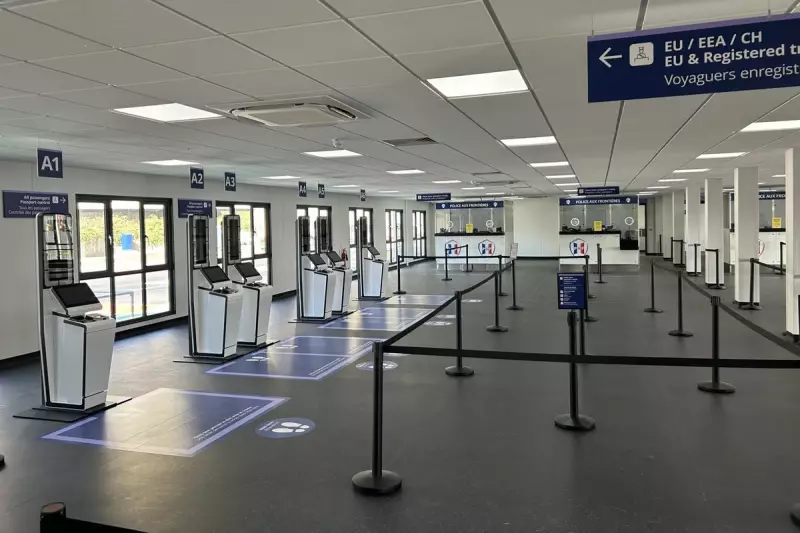
The UK faces potential travel chaos and economic disruption as the European Union's new border control system encounters significant delays, threatening to create massive queues at key crossing points.
What's Causing the Border Crisis?
The EU's Entry/Exit System (EES), designed to register non-EU travellers through biometric checks including fingerprints and facial scans, was scheduled for implementation later this year. However, authorities now confirm the system won't be operational until at least 2025, creating uncertainty for millions of travellers.
Port of Dover Braces for Impact
Dover, Britain's busiest ferry port handling up to 10,000 lorries daily, faces particular vulnerability. The port's chief executive, Doug Bannister, has warned that without adequate preparation, processing times could skyrocket from under 60 seconds to nearly 10 minutes per vehicle.
The potential consequences are staggering:
- Queue times stretching to 14+ hours at peak periods
- Economic losses estimated at £3 billion
- Significant disruption to supply chains and fresh produce transport
- Potential gridlock affecting 70% of UK goods vehicle traffic
Government Response and Infrastructure Challenges
Despite repeated warnings from port authorities and industry leaders, the UK government has been criticised for insufficient preparation. French authorities plan to implement the new checks on the UK side of the border, requiring substantial infrastructure changes at Dover where space constraints present major challenges.
Eurotunnel services also face disruption, with the company's chief executive, Yann Leriche, describing the situation as creating a 'parking lot' effect that could paralyse operations.
The Road Ahead
With the new timeline uncertain and preparation time running short, industry leaders are calling for urgent government action and investment in border facilities. The delay provides a temporary reprieve but also increases pressure to develop workable solutions before the system eventually goes live.
The situation highlights the ongoing complexities of post-Brexit border arrangements and their potential impact on trade, tourism and daily commuters between the UK and EU.





